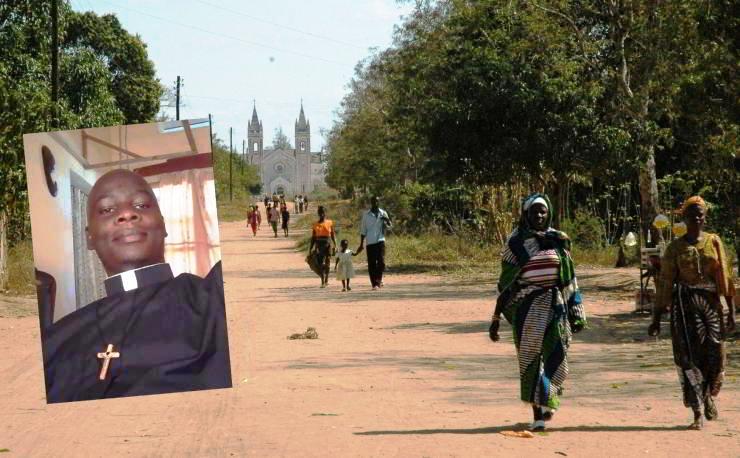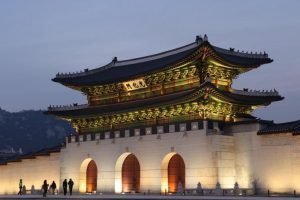Father Edward Matovu, a Comboni missionary from Uganda, talks about his journey to the priesthood and his pastoral experience in Mozambique.
Born into a Catholic family in Masaka, Uganda, I attended schools that emphasised God and humanity. Since my studies began, I have been exposed to realities that have deepened my service to God. In 2011, I joined the Comboni Missionaries as a philosophy student. During my studies, I worked in a slum in Bugembe, Jinja, Uganda.
I graduated in Philosophy from the Queen of Apostles’ Centre in 2014. I joined the Comboni Novitiate that year and was assigned to work at Mulago National Referral Hospital, where I provided spiritual support to the sick, their caregivers and medical personnel. In 2016, I professed religious vows and was sent to Brazil to study Portuguese and work with the youth.
In 2017, I was assigned to Pietermaritzburg, South Africa, to study theology. During my stay, I worked with the youth and the spiritual social ministry of the prisons, and provided spiritual support in the old age home of Amakasi in the Dundee diocese. In 2019, I was sent to the Nampula, Santa Cruz parish in Mozambique, where I participated in the parish activities and provided spiritual support to families, children and youths. In 2020, I graduated in theology at the St. Joseph Theological Institute in Cedara, South Africa.
In late 2020, I was sent to Uganda for a year of missionary work in Kyamuhunga parish. I took part in various activities, including spiritual support for families, youths, children, the sick and those in need. With the youths, we started projects to grow pigs, rabbits and maize to help them. On 23 January 2022, I was made a deacon by Bishop Damiano Giulio Guzzetti, the bishop of Moroto diocese. Afterwards, I was sent to help in the mission of Rushere, Western Uganda, where I helped families, led Sunday services, baptised people and supported the choir.
I was ordained a priest on 6 August 2022 at the Proto Cathedral Villa Maria by Bishop Severus Jjumba, the Bishop of Masaka. After ordination, I was assigned to the Province of Mozambique.
A few months later, I was in the Muxungue Mission in central Mozambique, in the southern province of Sofala. Here, the local Ndau people are very hospitable, assertive and proud of their traditions. Missionaries must learn the local Chindau language and traditions, including totems guided by clan heads and chiefs.
From a religious point of view, people hold lively liturgical celebrations characterised by charismatic singing and dancing. During Mass, there is a powerful sense of participation that inspires the congregation to come more often.
The Muxungue Mission is part of the Archdiocese of Beira. It is home to over 5,000 parishioners. The Mission looks after two parishes that are almost 76 km apart, each with nearly 2,500 parishioners.
As part of our pastoral work, we pay special attention to young people. We also promote missionary vocations when we meet young people. We help to build churches using local materials for communities that previously prayed under trees. We offer spiritual care and counselling services to marginalised groups, including the elderly.
We are involved in several projects. We have embarked on projects of pineapple farming and animal husbandry, and we envision supplying seedlings to the community while also offering a practical training ground to equip youth and peasants with rosary-making and farming skills. This, we hope, will ultimately promote self-reliance and improve the living standards of our people.
Reflecting on my missionary experience during this “Jubilee year of hope”, I have learnt to be hopeful, more so than ever before. Sharing experiences with others has given me hope for a better mission. A missionary of hope meditates on the mission of Christ, follows Him, prays ardently and is faithful to his vocation of reaching out to others. He actively shares his hopes with others, especially the poor.









